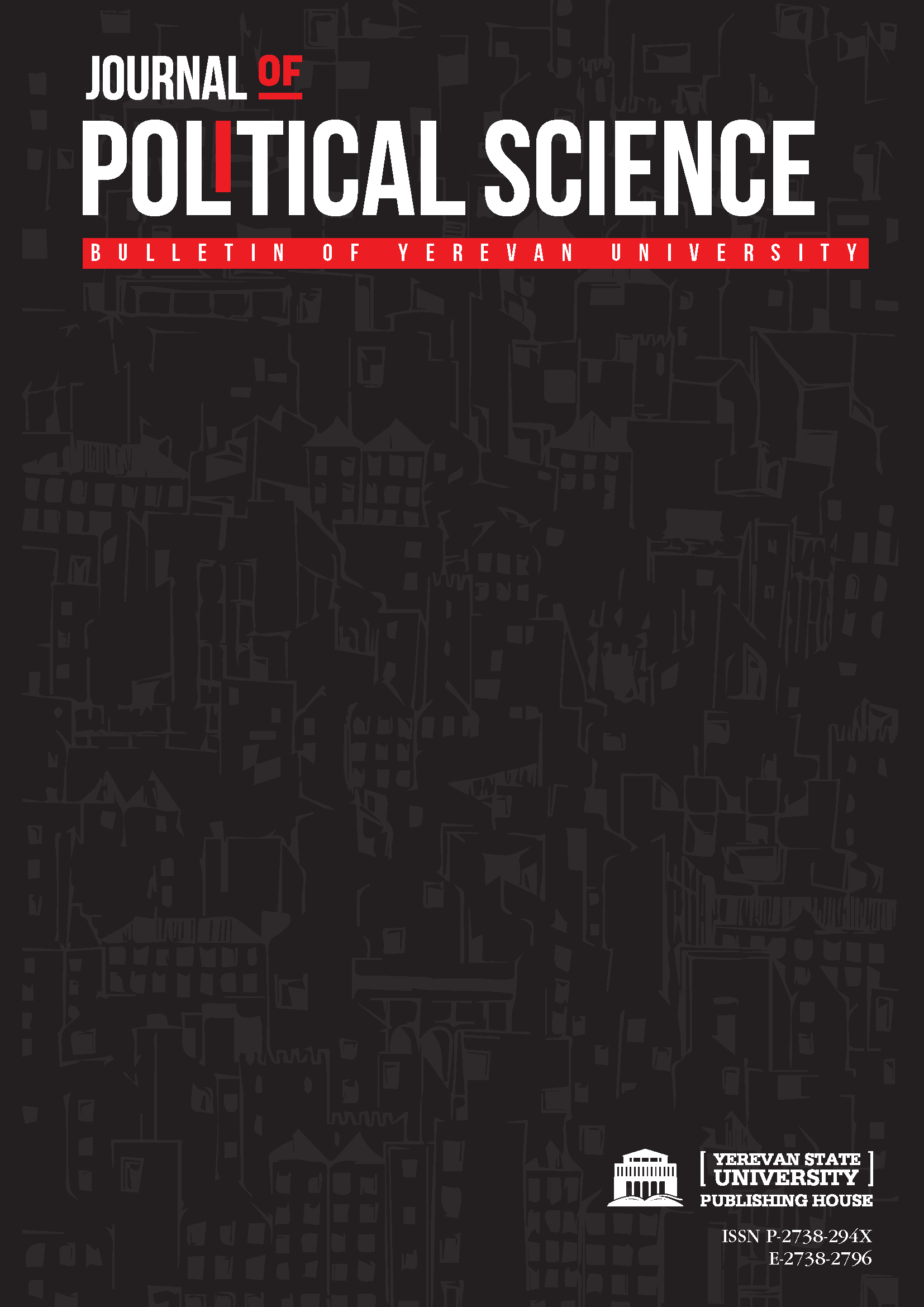In this Issue
Abstract
Modern political science, comparative political studies, as well as all other scientific disciplines, is the result of a fairly long and complex civilizational, cultural, value, economic, social and historical development. During the successive change of different stages, specific paradigms of political science research were formed, bearing the imprint of the periods of development of political science that created them.
The main task of finding the optimal ratio of different political science paradigms, finding the possibility of their effective interaction is relevant primarily because the political science community has changed the idea of what the relationship between different understandings and descriptions of political reality should be in the system of comparative research of social sciences and humanities.
Political globalization, the logic of economic and technological convergence of states and regions of the world, not only geographically distant from each other, but also separated due to historical reasons, differences in cultural and political traditions, such as power, ideology, forms a universal pattern of interaction of heterogeneous principles, ideological tolerance, constructive cooperation.
The growing complexity of the tasks facing countries and ruling elites in the 21st century, the need to combine in political reality seemingly opposite and contradictory goals. This implies the strengthening of political and economic sovereignty and successful integration into the global economic space, maintaining their own political tradition and bringing political institutions in line with the model of political regimes. This, in turn, requires a level of political science reflection corresponding to this complexity, which can no longer remain within the limits of an alternative approach in the field of methodology, but, on the contrary, needs to move to a higher level associated with the achievement of an effective synthesis of the established research paradigms.
Downloads
Published
Issue
Section
License
Copyright (c) 2022 Ashot Aleksanyan and Magda Arsenyan

This work is licensed under a Creative Commons Attribution-NonCommercial 4.0 International License.



